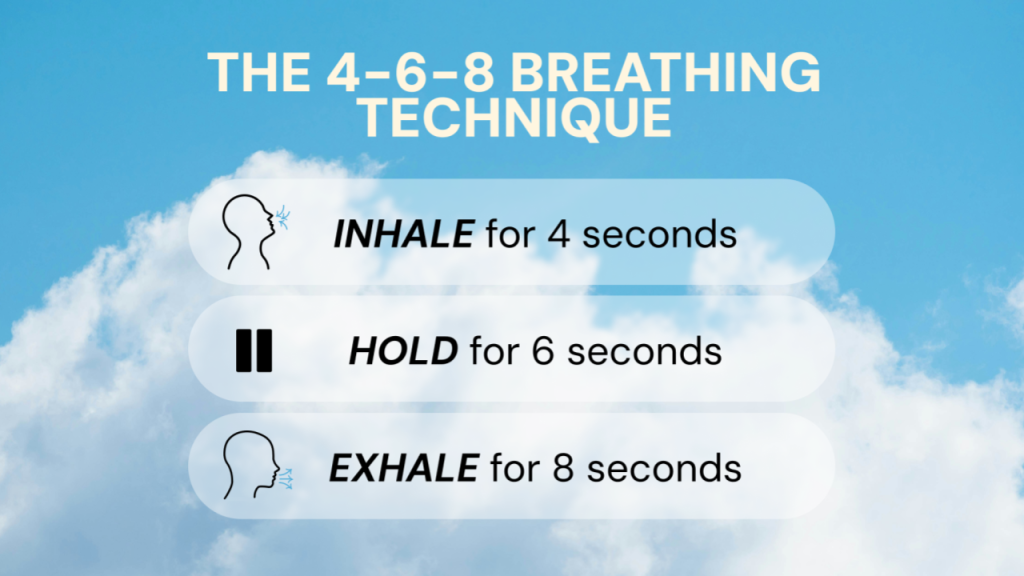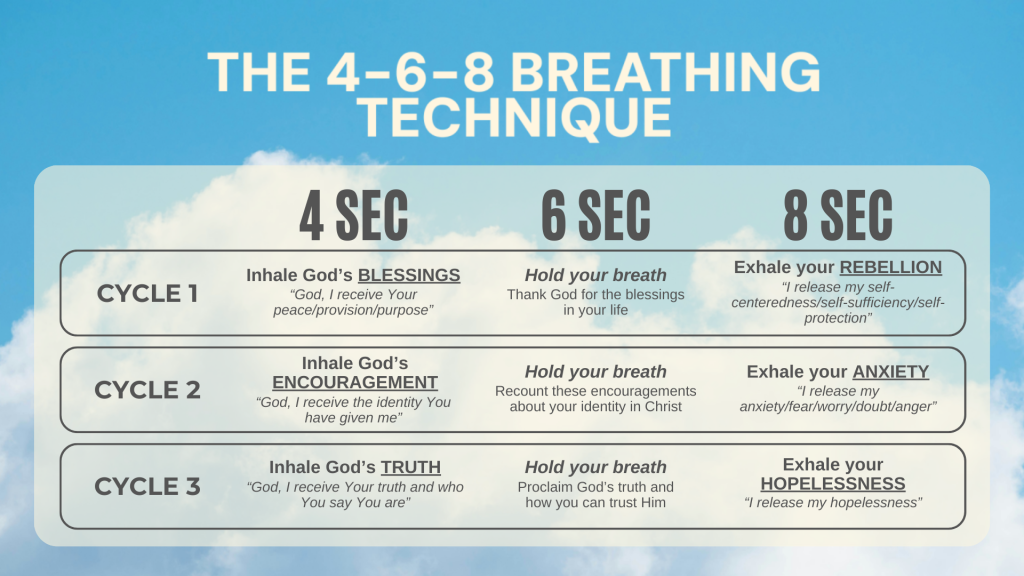We have all had moments of panic and anxiety in our lives, whether it is the pressure of preparing for a difficult exam, the nervousness that accompanies a job interview, facing uncertainties from financial hardships, or having a difficult conversation with our families and friends. Life is full of uncertainties that can leave us scared and anxious. Additionally, when things don’t go our way, some of us easily become frustrated and worried. Fear and anxiety are natural human emotions that stem from our inherent desire to maintain control over everything. However, if left unregulated, these emotions, like any other, can lead us into sin.
The Bible talks about a host of emotions: joy, anger, sadness, disappointment, among others. Fear, or in this case, worry, is one of the most prominent emotions discussed in the Bible. The phrase “Do not fear” appears over 300 times in the Bible in both the Old and New testaments in various contexts and situations. For instance, when the Israelites found themselves in captivity and began to worry about the future, God implored them to not be afraid, assuring them of His presence and help (Isaiah 41:10). In the New Testament, Jesus teaches extensively on worry, imploring us not to be anxious about anything, highlighting God’s knowledge of our needs before we even ask Him (Matthew 6:25-34). These passages reveal God’s heart for us and how much He cares about our overall well-being. In spite of this, how many of us have read these verses in the Bible and thought, “Well, how can I just stop worrying about things?” There seems to be a disconnect between our intellectual understanding of God’s character and the struggle to fully believe it in our hearts.
According to Zaccaro et al. (2018), research has shown that slow breathing correlates with reduced stress and anxiety, as well as improved psychological functioning. Breathing techniques play a vital role in regulating our autonomic nervous system which is responsible for our fight-or-flight response. Therefore, when we breathe slowly in anxious situations, we do not only reduce our stress, but we are also able to enhance our brain’s functioning.
As Christians, we often encounter numerous stressful situations that trigger our fight-or-flight response. In these moments characterized by heightened anxiety and decreased rationality, how do we find peace in God? In Philippians 4:6-8, the Apostle Paul encourages us to pray in those moments, thanking God for all He has done and presenting our needs to Him. It is from this passage that the 4-6-8 breathing technique emerges. This technique involves going through three cycles of the following breathing pattern: inhaling deeply for four seconds, holding the breath for six seconds, and exhaling slowly for eight seconds.

While we inhale, we intentionally remind ourselves of God’s attributes such as His love, His omniscience and His grace. In the exhalation phase, we release our fear, our rebellion, and the lies we want to let go. Implementing this breathing technique not only calms us down in stressful situations but also helps us shift our focus from the immediate circumstances to who God is. We redirect our attention to “whatever is true, honorable, right, pure, lovely, and admirable,” recognizing that all these attributes belong to God. We can practice three cycles of 4-6-8 breathing technique following the BREATH acronym.

In fact, God is our creator and we are fearfully and wonderfully made (Psalm 139:14). He surely knows our tendencies and how He has wired us. That is why from a scientific perspective, this intentional breathing technique has been shown to slow down the autonomic nervous system, which is active in the fight or flight response, while simultaneously activating the parasympathetic nervous system, responsible for our resting state.
Now that we know this, let’s be aware of opportunities to shift our perspective back to God, instead of our own anxiety, worry or frustration. We can always choose to slow down the pace, take deep breaths, and fix our gaze upon God. In doing so, we invite His peace to reign in our hearts as we trust in His character and His sovereign control over every aspect of our lives.
References: https://www.ncbi.nlm.nih.gov/pmc/articles/PMC6137615

